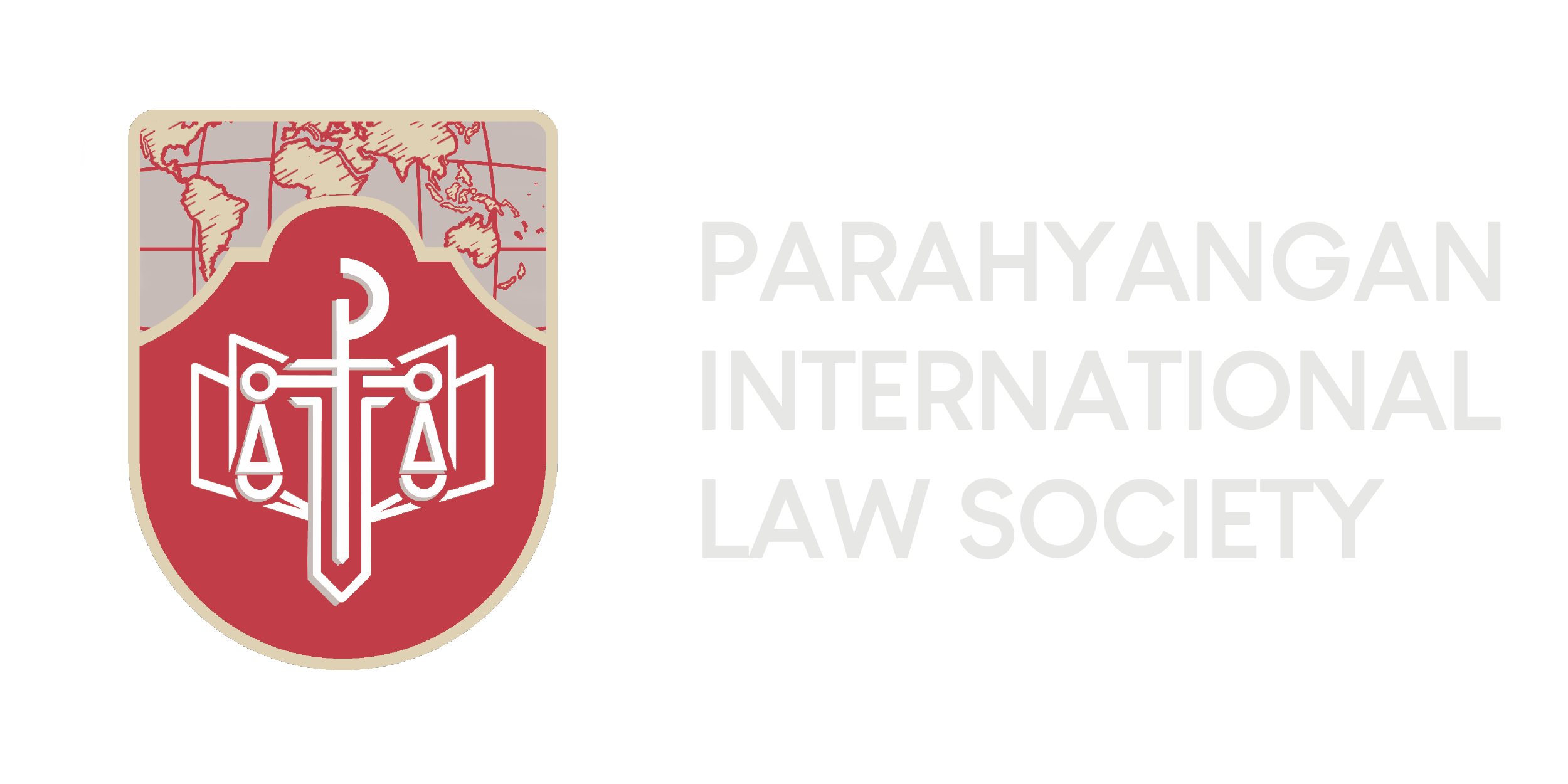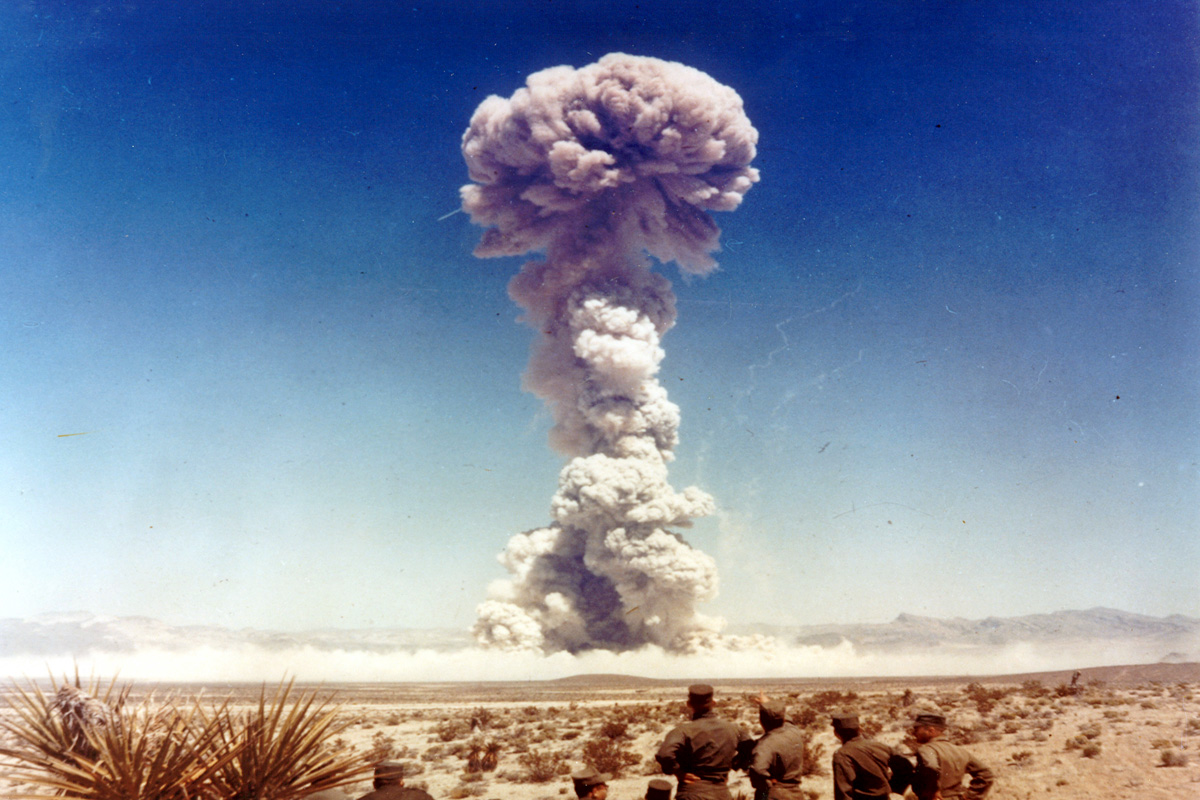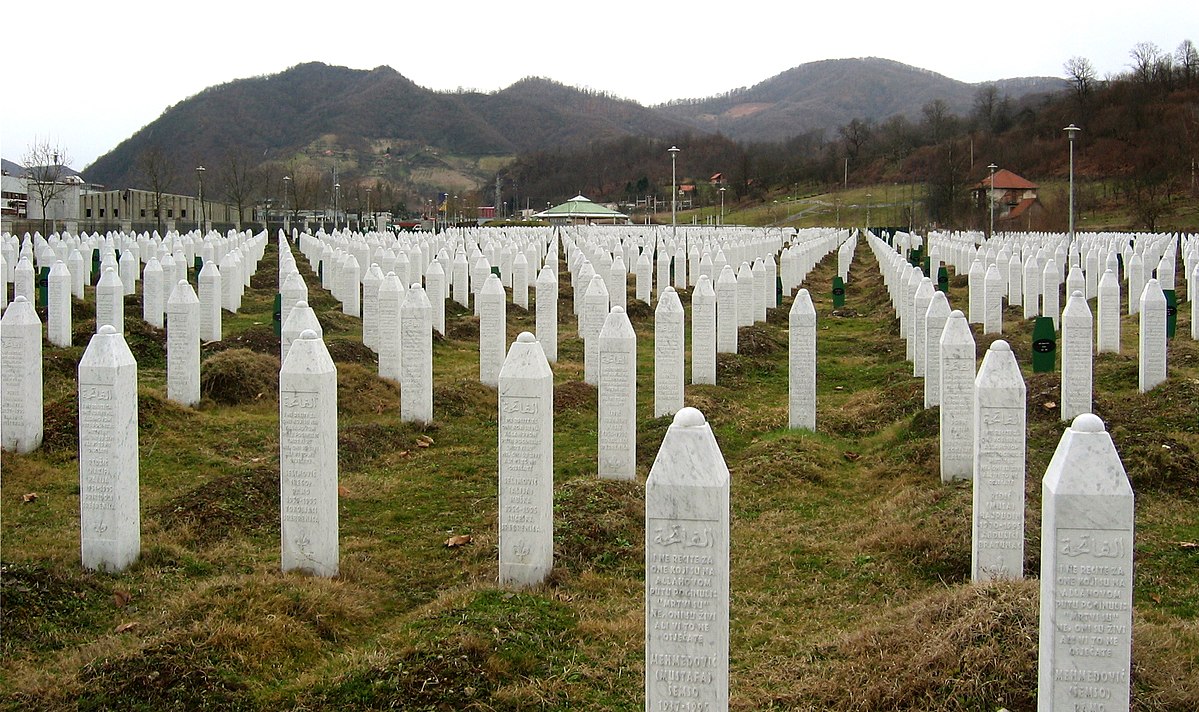October – a month popular for spooky celebrations of pagan and secular traditions. What is lesser known to people is that the month is equally dedicated to celebrate the realm that stretches beyond earth’s atmosphere; an annual observance of the yonder that lies outside the Kármán Line. In particular, space exploration is commemorated during World Space Week, in which the achievements and benefits it brings to humanity is recognised throughout the 4th – 10th of every October.
Author Archives: Azalia Karin
In 2009, the General Assembly of the United Nations unanimously adopted Resolution 64/35. It declares the 29th of August as the International Day against Nuclear Tests, especially since this particular date signifies the closure of the Semipalatinsk Test Site of Kazakhstan in 1991. The former Soviet Union nuclear testing ground is a testament to the enduring human and environmental costs of these tests. Consequently, the resolution encourages mankind to commemorate this day as a reminder of the destructive power these nuclear weapons possess and to underline the purpose of creating a world free of nuclear testing. This international day does not only raise global awareness on the severe consequences of nuclear tests; its commemoration equally highlights the significance of the Comprehensive Nuclear Test-Ban Treaty. In addition to the environmental implications associated with such tests, this article deduces that nuclear testing is a violation of international law.
Slavery and slave trade are two of the most brutal violations of human rights in the history of mankind. To honor and remember the victims of slavery, the United Nations General Assembly Resolution 62/122 has designated the 25th of March as the annual International Day of Remembrance of the Victims of Slavery and the Transatlantic Slave Trade. This is a day to reflect on the slavery tragedies including the translantic slave trade, examining its causes, the long-lasting consequences it left behind, and the crucial lessons. We must learn to combat the evils of racism and prejudice that continue to happen as a result of the slavery events that have occurred.
Genocide is the deliberate killing of a number of people with the aim of destroying their entire nation or group. Acts of genocide are laid out in Article 2 of the 1948 Convention on the Prevention and Punishment of the Crime of Genocide (Genocide Convention) which includes killing, causing bodily or mental harm, inflicting conditions on a group’s physical destruction, preventing births within a group, and forceful transfer of children to another group. It is, as we know, the worst kind of crime against humanity there is. It is a duty owed to every State to prevent and avoid the act of genocide, known as an erga omnes obligation. However, such a tragic and one of the worst genocide committed in the European continent happened in 1995, that is the Massacre in Srebrenica, Bosnia. The occurrence transpired due to the invasive maneuvers of Serbian forces to eradicate Bosnian Muslims. Until now, the visible and emotional aftermath of the battlefield remains evident upon the loss of tens of thousands of Bosnian Muslims. During that time, the international community was urged to address this matter within an international tribunal – striving for a positive resolution and bestowing justice among its victims.




